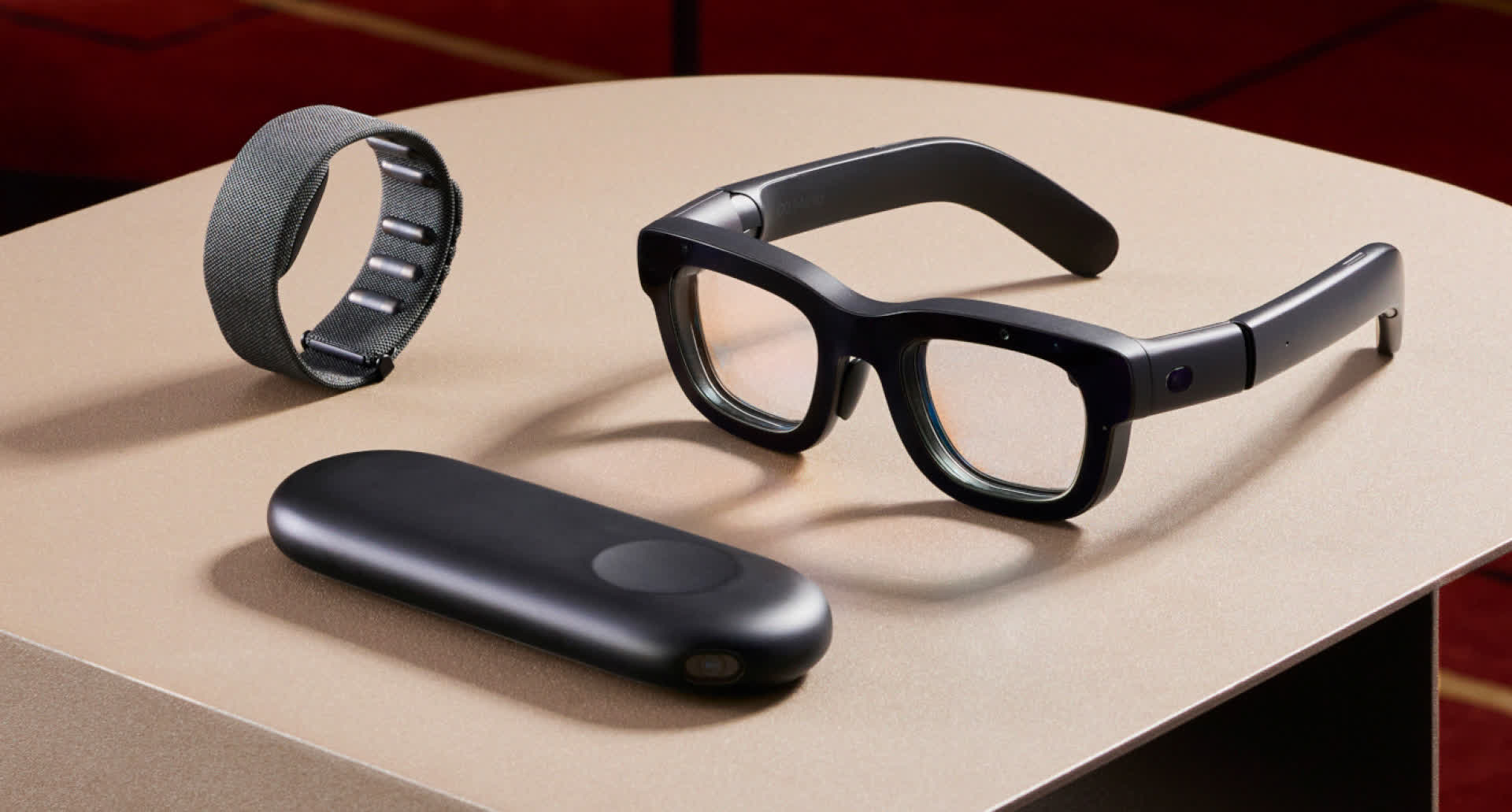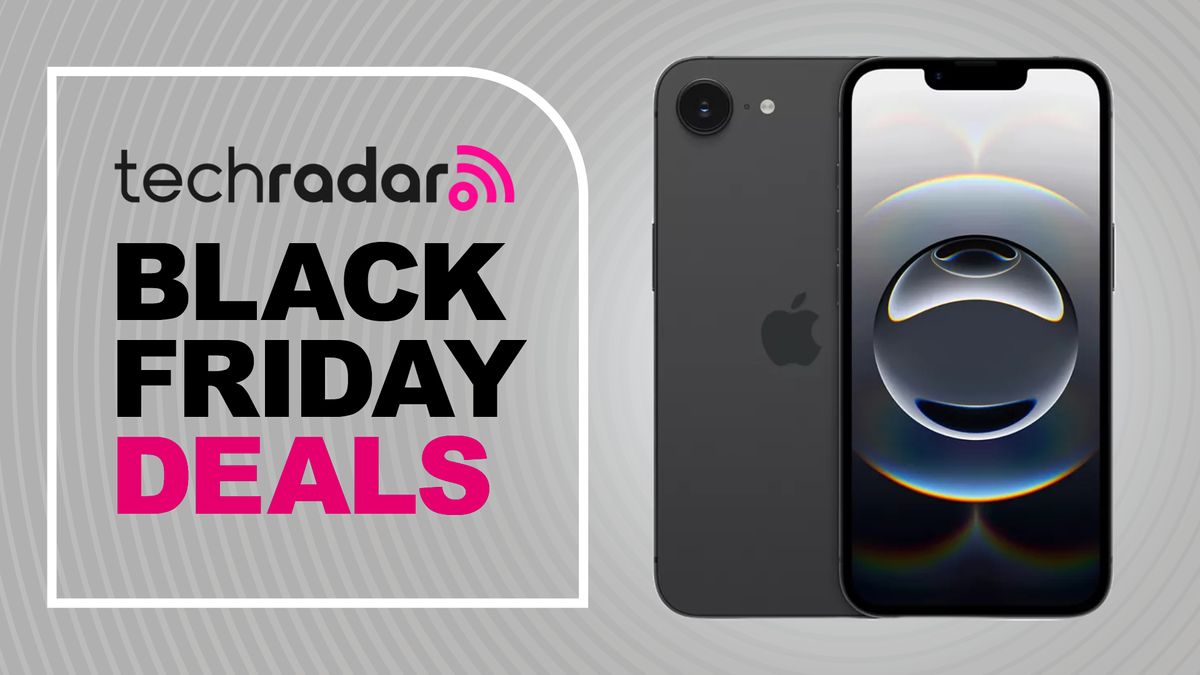Serving tech enthusiasts for over 25 years.
TechSpot means tech analysis and advice you can trust.
Something to look forward to: Meta's love of smart glasses is set to continue with a new device codenamed Hypernova that sounds distinctly cyberpunky. The glasses will feature a tiny heads-up display integrated into one of the lenses, which partly explains why it will cost anywhere between $1,000 and $1,400.
The Hypernova smart glasses will arrive later this year, according to Bloomberg's Mark Gurman, so we could see them unveiled at the Meta Connect conference scheduled to take place on September 17 and 18.
The big selling point could be the miniature monocular panel in the right-hand lens. It's expected that this screen could show app notifications from a user's phone, let them access their photos, or even see directions from an app such as Google Maps.
The glasses' functions will be controlled using hand gestures and capacitive touch on the side of the frame. Gurman writes that the screen is in the lower-right quadrant of the right lens and is best viewed when looking downward. When the glasses are turned on, a home screen will load up and show icons horizontally, much like the Meta Quest. Expect to interact with Meta's AI assistant while wearing them, too.
Hypernova will also have a more advanced camera system than the Ray-Ban Meta smart glasses, able to capture higher-quality photos than the 12MP sensor found on that device, which costs $300 or around $380 for versions with transition lenses.
Meta's next-gen glasses will have to offer something quite special for users to spend anywhere from $1,000 to $1,400 on a pair. The mini screen does sound intriguing, but it's something that Google tried with Google Glass in 2013. It used a mini-projector that beamed images onto a semi-transparent prism positioned above the user's right eye, displaying a 640 × 360 image. Google discontinued the consumer version of Google Glass in 2015, while the Enterprise Edition was discontinued in 2023.
Hypernova is different from Orion, the in-development augmented reality glasses from Meta. Those feature eye-tracking, hand-tracking, voice controls, and even a neural interface – although it reads signals from your wrist rather than your brain. It's believed that Hypernova will come with this same wristband controller, codenamed Ceres.
Meta seems confident that Hypernova will be a success, as it is also working on a successor, Hypernova 2, that will feature two screens and could launch in 2027.










 English (US) ·
English (US) ·